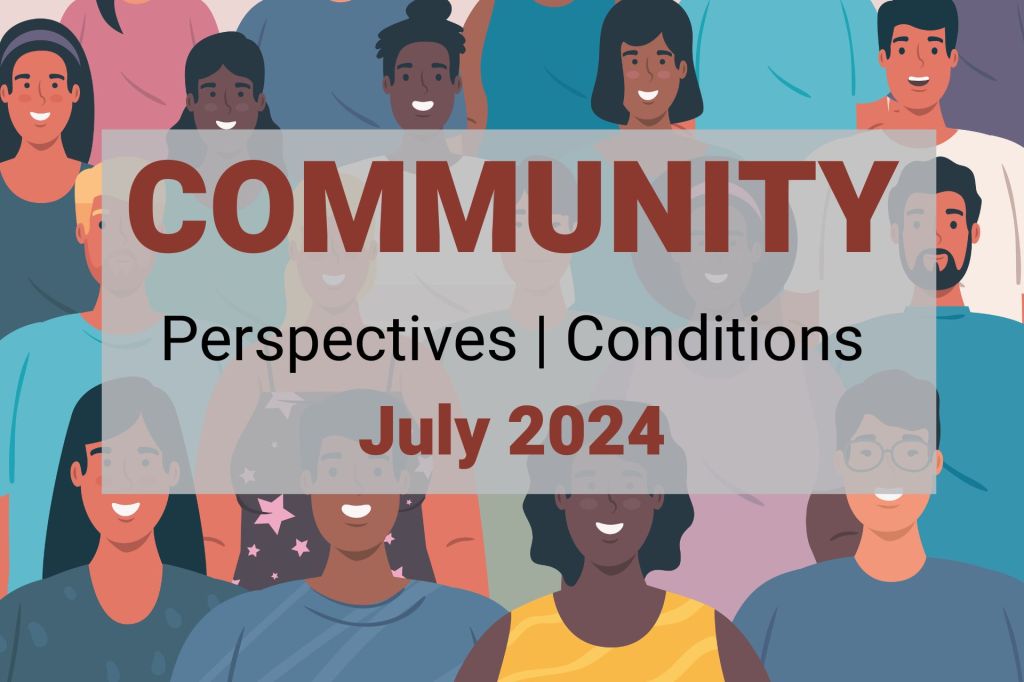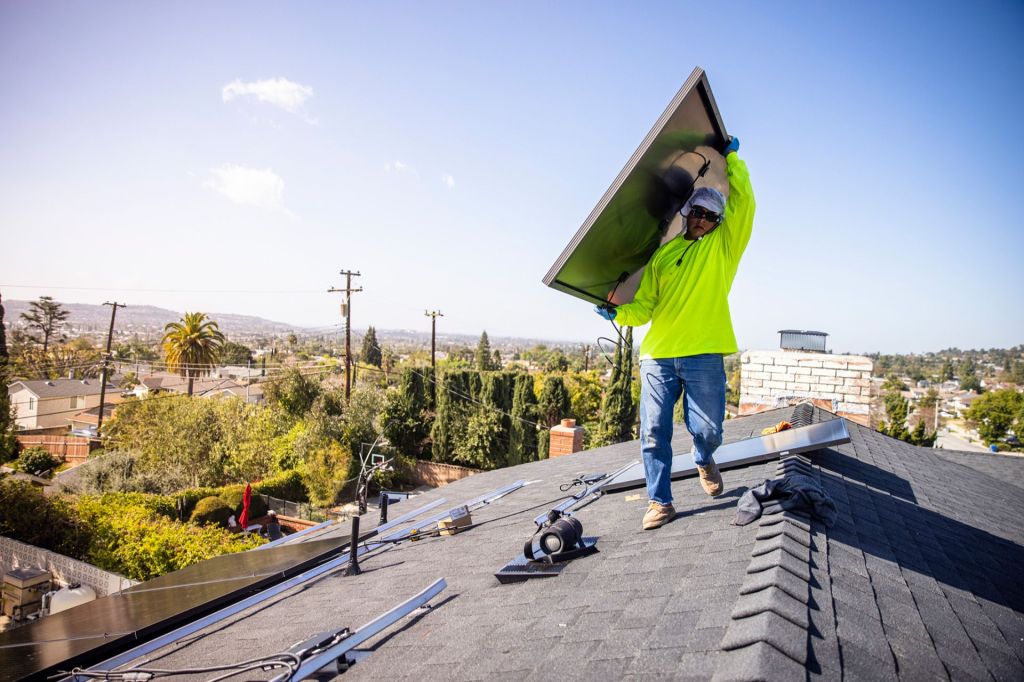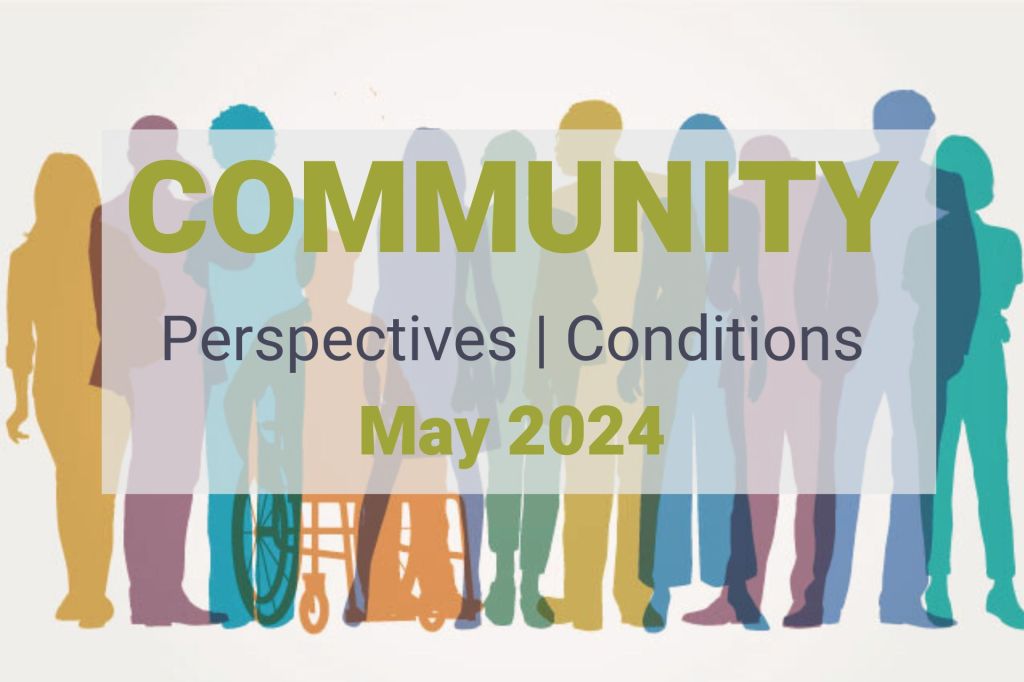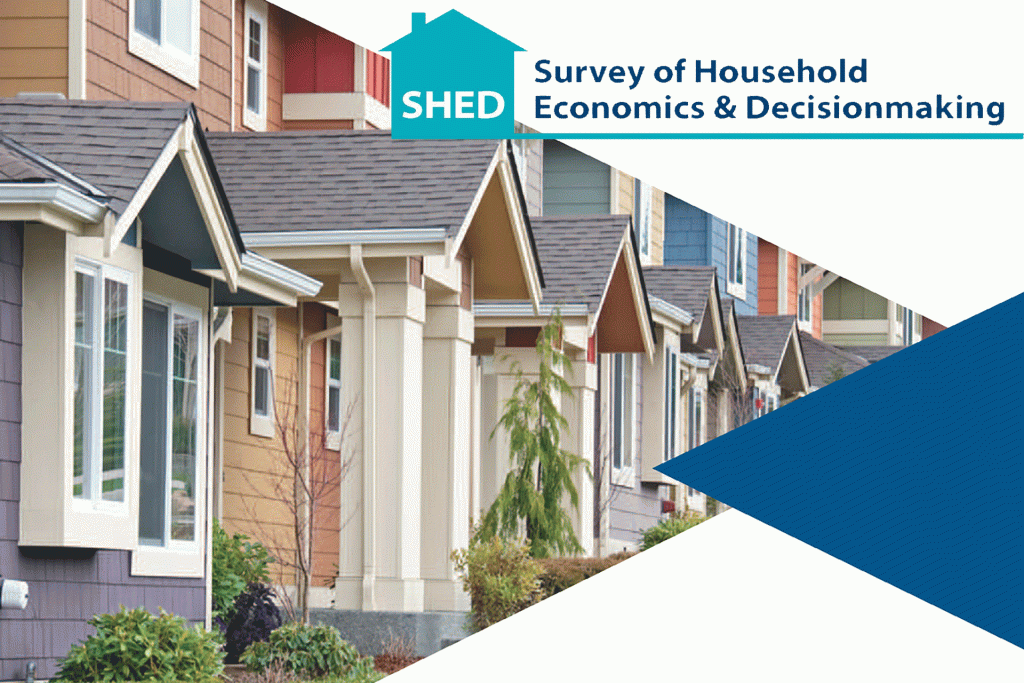Voices Blog – News & views for the community development field
-

Community perspectives and conditions from the Fed’s Beige Book, July 2024
Here’s what nonprofit and community leaders, and workforce professionals serving lower-income people shared with the Federal Reserve for the July 2024 Beige Book.
-

New playbook shows how and when key investments can drive sustainable change in communities
Strategies for addressing climate, health, and economic vulnerabilities come to life in a new playbook designed to build more resilient communities.
-

The quarterly catch-up, Q2 2024
Check out the latest community development-related research, analyses, and articles from all 12 Federal Reserve Banks and the Board of Governors. This post captures content published between April 1 and June 30, 2024, on topics affecting marginalized communities.
-
![[Watch] The Economic Well-Being of U.S. Households in 2023](https://fedcommunities.org/wp-content/uploads/2024/04/1920-x-1280-CC-July-13.jpg?w=1024)
[Watch] The Economic Well-Being of U.S. Households in 2023
In this Connecting Communities webinar, researchers from the Federal Reserve Board of Governors shared findings from the survey on trends in financial well-being. Based on the survey results, they answered attendees’ questions about the financial conditions among low- and moderate-income populations.
-

Facing the future solo: Understanding obstacles for single women and retirement
Women encounter specific challenges in retirement planning, including pay and wealth disparities that affect their savings and financial stability.
-

Data on anchor institutions helps inform decisions at local, regional, and state levels
From job training to procurement to business development, state-level measures of anchor institutions are helping to advance conversations, support collaboration, and drive economic growth.
-

Why are Native homebuyers ending up with more expensive loans?
Financing manufactured homes can cost Native borrowers on reservations twice as much as off-reservation white borrowers. A risky type of loan fuels the cost gap.
-

Community perspectives and conditions from the Fed’s Beige Book, May 2024
Here’s what nonprofit and community leaders, and workforce professionals serving lower-income people shared with the Federal Reserve for the May 2024 Beige Book.
-
![[Watch] The Changing Landscape of In-person Banking](https://fedcommunities.org/wp-content/uploads/2024/03/connecting-communities-banking-deserts.png?w=1024)
[Watch] The Changing Landscape of In-person Banking
In a recent Connecting Communities webinar, experts discussed how US bank branch closures affect lower-income, rural, older, and disabled customers. They highlighted the value of in-person banking and tools like the Fed’s Banking Deserts Dashboard. Watch on demand.
-

Economic Well-Being of U.S. Households in 2023
The Federal Reserve’s Survey of Household Economics and Decisionmaking tracks financial circumstances and risks for low- and moderate-income families. This year’s survey includes topics like inflation, emergency savings, and new areas such as food sufficiency and caregiving.
-

Despite low pay and long hours, child care is a business many still want to enter. Why?
Many new child care providers are entering the profession for reasons other than money. A recent survey by the Minneapolis Fed examines the variety of motivations attracting people to the industry.
-

CDFI innovations in consumer and small business finance
CDFIs shared innovative practices for consumer and small business finance business lines in their responses to the Federal Reserve’s 2023 CDFI Survey.
